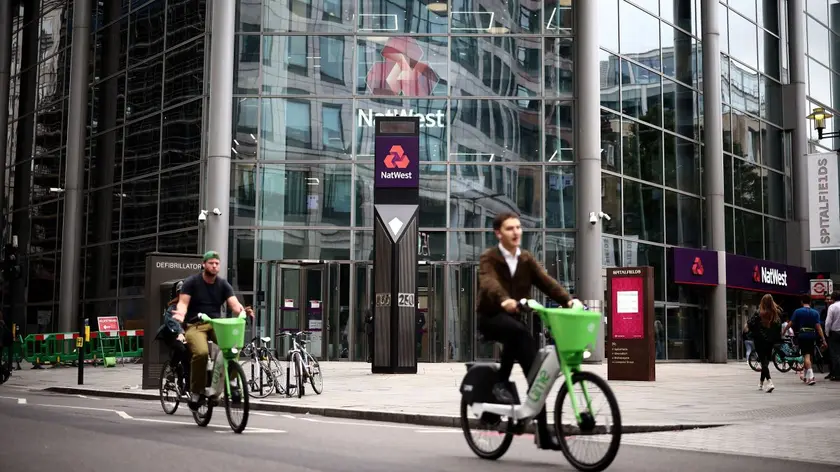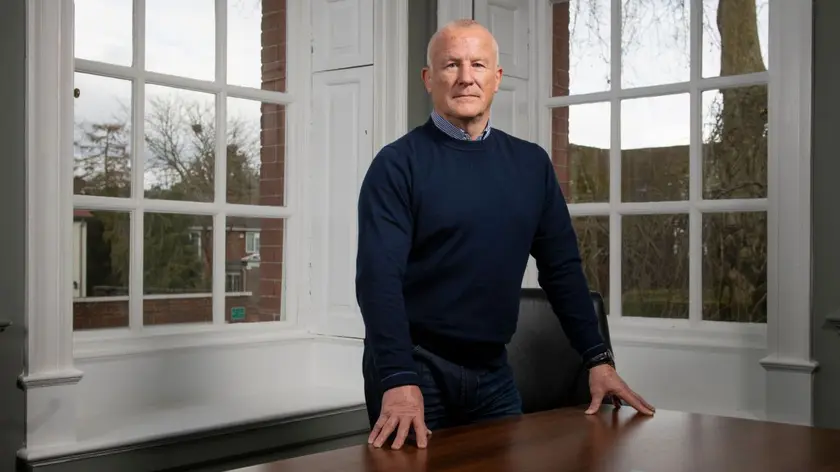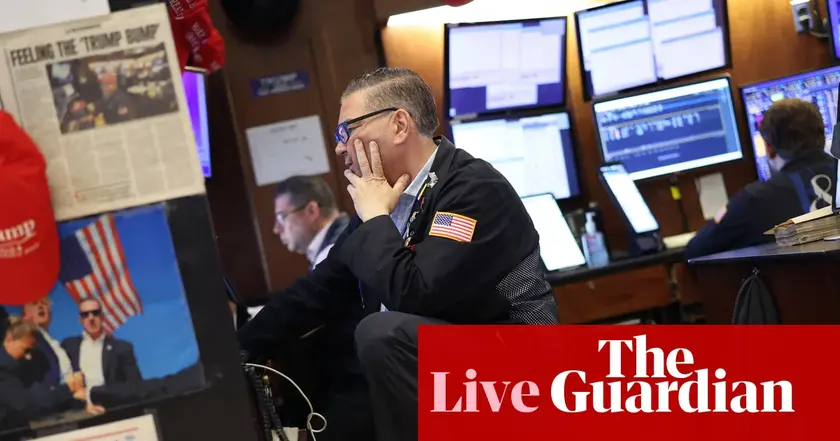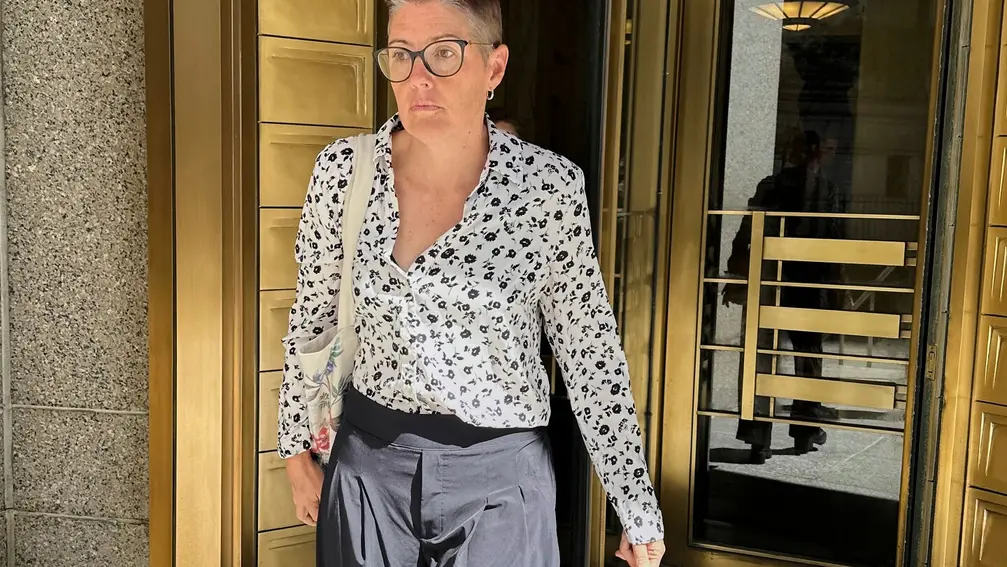T4K3.news
Investors Face 200 Million Water Vending Ponzi Scheme
Two men indicted in Manhattan over a water vending Ponzi scheme that raised over 200 million dollars from investors, with civil charges by the SEC as well.

Two men were indicted in New York on federal charges and hit with SEC civil charges over a water vending machine Ponzi scheme that raised more than 200 million dollars from investors.
DOJ and SEC charge men in 200 million water vending Ponzi scheme
Two men were indicted in Manhattan on federal criminal charges connected to a water vending machine Ponzi scheme that allegedly swindled investors out of more than 200 million dollars, the Department of Justice said. The indictment accuses Ryan Wear, 49, of Everett, Washington, of raising funds by selling water vending machines that often did not exist and paying returns with new investor money. Wear is charged with securities and wire fraud, and his company Water Station Management filed for bankruptcy last August.
The DOJ and the Securities and Exchange Commission also filed civil charges in connection with the scheme. The company and Wear face allegations of antifraud violations under federal securities laws. The Justice Department noted that many of the victims included retail investors and military veterans.
Key Takeaways
"raising more than $200 million from investors by selling them water vending machines that did not exist"
DOJ description in indictment
"paying promised returns through new investor money"
DOJ description of the scheme
"many of the people swindled in the scheme were retail investors and military veterans"
DOJ victim profile in indictment
"two men indicted in U.S. District Court in Manhattan"
DOJ charges announcement
This case highlights how fraud can hide in seemingly ordinary products and services. A physical asset like water vending machines becomes a backdrop for misleading promises of steady returns. The joint action by federal prosecutors and regulators signals that authorities will pursue both criminal and civil avenues to recover funds and deter similar schemes. The fact that the company is in bankruptcy adds complexity for restitution and raises questions about who bears the losses.
Beyond this case, the episode underscores ongoing vigilance needed for niche investment opportunities that promise high yields with little risk. It also tests how regulators coordinate across criminal and civil lines and how quickly victims can be identified and compensated as bankruptcy proceedings unfold.
Highlights
- raising more than $200 million from investors by selling them water vending machines that did not exist
- paying promised returns through new investor money
- many of the people swindled in the scheme were retail investors and military veterans
- two men indicted in U.S. District Court in Manhattan
Investor risk and regulatory scrutiny
The case involves a large pool of investors and a bankruptcy, raising concerns about restitution and ongoing market trust. Sensitive financial details and potential political implications around enforcement attention increase scrutiny on similar schemes.
The outcome may shape enforcement and investor protections for similar investment pitches in the future.
Enjoyed this? Let your friends know!
Related News

Upstate Ponzi Case Shocks Small Town

Local businessman indicted over Ponzi scheme

NatWest funds linked to Ponzi scheme during police probe

Elon Musk awarded shares worth $29 billion

Instagram deception fuels global pigbutchering crypto scam

Woodford fines issued

Thames Water contingency plans approved

Fashion startup CEO charged with fraud released on bail
